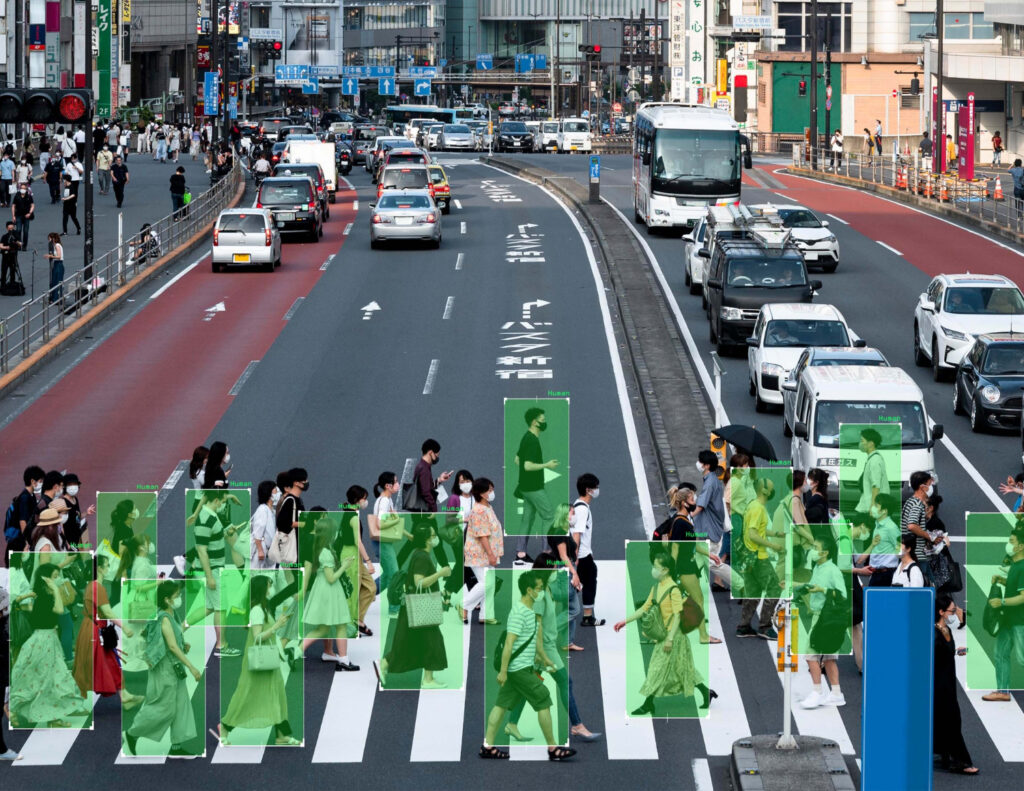Artificial Intelligence (AI) has become an integral part of our daily lives, impacting everything from our smartphones to our homes and workplaces. While AI offers a plethora of advantages, it also presents its own set of challenges and drawbacks. In this article, we will explore the pros and cons of AI in our daily lives, shedding light on the ways it enhances convenience and efficiency while raising concerns about privacy and job displacement.

Pros of AI in Daily Life:
-
Automation and Efficiency: One of the most significant advantages of AI is its ability to automate tasks and processes, leading to increased efficiency. In various industries, from manufacturing to healthcare, AI-driven robots and systems can perform repetitive, time-consuming tasks with precision and speed.
-
Personalized Experiences: AI algorithms analyze vast amounts of data to provide users with personalized experiences. Examples include personalized recommendations on streaming platforms like Netflix, tailored advertising, and content curation on social media. This personalization enhances user satisfaction and engagement.
-
Enhanced Productivity: In the workplace, AI-powered tools and software can assist employees in managing their tasks more efficiently. Virtual assistants like Siri and Google Assistant can schedule appointments, send reminders, and answer questions, streamlining daily activities.
-
Improved Healthcare: AI has revolutionized healthcare with applications such as diagnostic tools that can detect diseases and conditions more accurately and quickly than humans. Additionally, AI can assist in drug discovery, patient monitoring, and personalized treatment plans.
-
Convenience at Home: Smart home devices equipped with AI, like voice-activated assistants and thermostats, make everyday tasks easier. They can control lighting, climate, and entertainment systems, offering convenience and energy savings.
-
Enhanced Safety and Security: AI-driven surveillance systems and facial recognition technology have improved security measures in public spaces, airports, and homes. These systems can quickly identify potential threats or unauthorized access.
-
Language Translation and Communication: AI-powered language translation tools enable effective communication across language barriers, facilitating international business, travel, and cultural exchange.
Cons of AI in Daily Life:
-
Privacy Concerns: AI’s ability to collect, analyze, and share personal data raises significant privacy concerns. Smart devices often gather information about users’ habits, preferences, and locations, which can be exploited if not adequately protected.
-
Job Displacement: The automation of tasks and processes by AI can lead to job displacement for certain roles. Repetitive, low-skill jobs are particularly vulnerable to being replaced by machines, potentially causing unemployment and wage disparities.
-
Bias and Discrimination: AI algorithms can inherit biases present in the data used to train them. This can lead to biased decision-making, such as in the criminal justice system, where AI might perpetuate existing racial disparities.
-
Loss of Control: Overreliance on AI systems can result in a loss of human control and critical thinking. For example, blindly following GPS navigation can lead to dangerous situations when the technology fails or provides incorrect directions.
-
Security Threats: As AI systems become more sophisticated, they can also pose security threats. Malicious actors can exploit vulnerabilities in AI algorithms for cyberattacks, leading to data breaches, identity theft, and other security issues.
-
Depersonalization: While personalization can be a benefit, it can also result in depersonalization. Overly personalized content can create echo chambers, limiting exposure to diverse perspectives and reinforcing preexisting beliefs.
-
Ethical Dilemmas: The use of AI in various fields, such as autonomous weapons or deepfake technology, raises ethical dilemmas and concerns about accountability and responsibility.
Conclusion:
Artificial Intelligence has undoubtedly transformed our daily lives in numerous ways, offering convenience, efficiency, and innovation. However, it also presents challenges and concerns that must be addressed. Striking a balance between reaping the benefits of AI and mitigating its risks requires careful consideration, responsible development, and robust regulatory frameworks.
As AI continues to evolve and integrate further into our daily routines, it is essential for individuals, organizations, and governments to actively engage in discussions and decisions regarding its use. Ensuring transparency, accountability, and ethical use of AI technology will be crucial in harnessing its potential while minimizing its negative impacts on society.